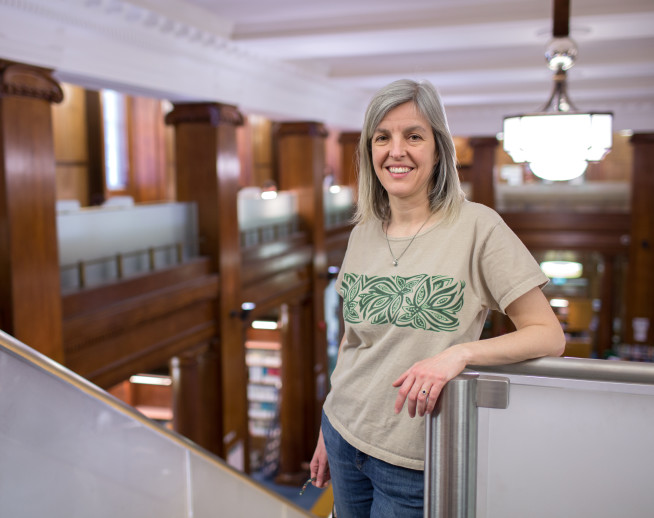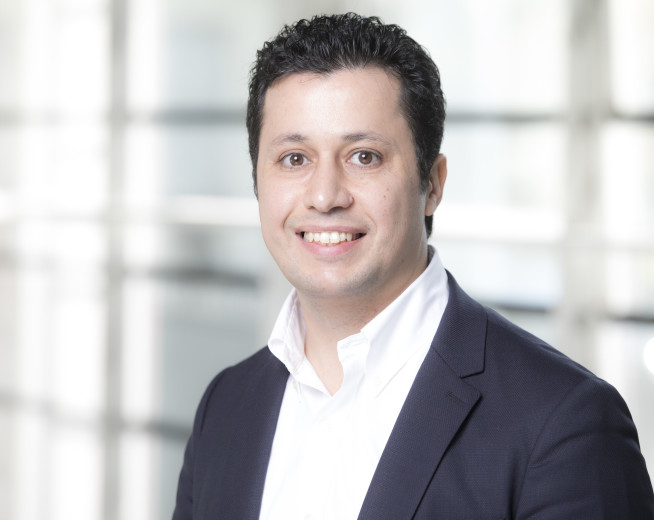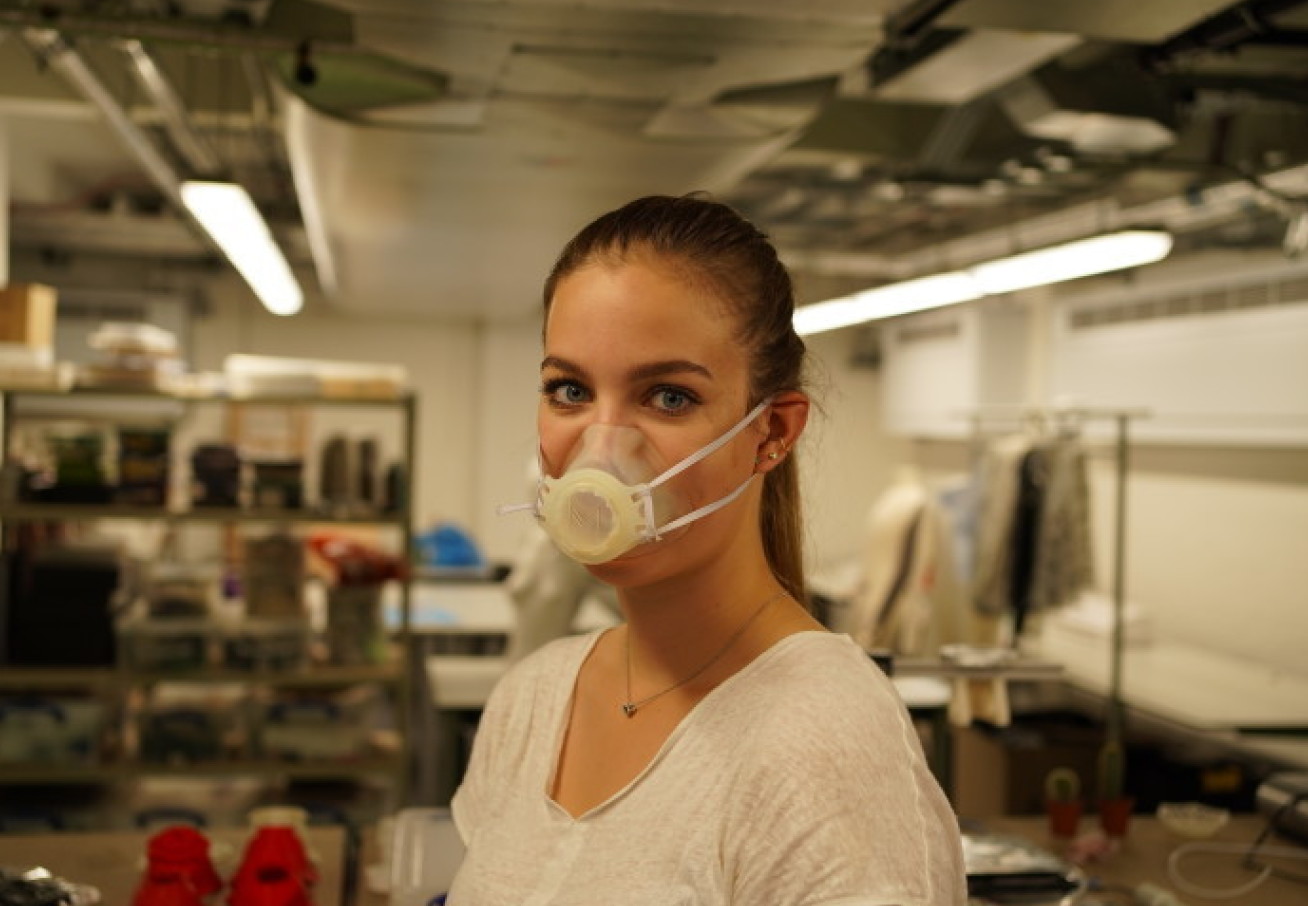Projects supported by the Excellence Fund
The Community Jameel Imperial College COVID-19 Excellence Fund was co-created by Community Jameel and Imperial. It offers awards of up to £200,000 for high-impact projects into prevention, diagnosis, treatment and understanding of COVID-19. The first awards through the Excellence Fund were made in July 2020.
From exploring the potential role of COVID-19 in triggering neurological disease to identifying drugs that could be repurposed to treat COVID-19, they represent the range and ambition of COVID-19 research at Imperial, and demonstrate the impact of philanthropy in the fight against the pandemic.
Imperial is grateful for the philanthropic support of Community Jameel, as we work together to confront one of the most urgent crises for a generation.
Awards made through the COVID-19 Excellence Fund

Evaluating the timing and extent of community spread of COVID-19 in North West London
Dr Edward Mullins and Professor Christl Donnelly, School of Public Health
The study will anonymously test existing serum samples that were taken as part of routine antenatal care for pregnant women in the region over the period from December 2019 to June 2020. The results will provide insights to community transmission risks over the course of the pandemic, as well as inform policy on the management of pregnant women in a future wave of the pandemic.
COVID- 19 in human brain and its potential role in triggering long term neurological disease
Dr Javier Alegre-Abarrategui, Department of Brain Sciences
Neurological complications are common in respiratory viral infections, and there is growing concern that of the potential for COVID-19 to affect the nervous system as highlighted by reported symptoms such as a loss or change of taste and smell. Dr Alegre Abarragtegui will investigate the potential role that COVID- 19 plays in neurological disease.
Identifying new therapies for severe COVID-19
Professor Ian Adcock, National Heart and Lung Institute
This research will investigate the key driving signatures of fibrosis and necrosis in the lungs in COVID-19 patients and relate these to drug-response signatures. The study uses lung samples obtained from the ongoing DeVENT trial. This will identify whether it is possible to repurpose current drugs to treat specific groups of patients with severe COVID-19 patients in ICU or define pathways that are likely to respond to other currently available therapies.
Understanding biological mechanisms underlying severe disease to identify potential new treatments
Dr James Peters and colleagues from the Centre for Inflammatory Disease and the Imperial NHS Trust Renal and Transplant Centre
This longitudinal study will looks at patients with End-Stage Kidney Disease – a group at high risk of severe COVID-19 - measuring gene and protein expression signatures in immune cells to better understand the biological mechanisms underlying severe disease. The hope is that this might help identify existing drugs that could be repurposed as safer and more effective treatments for COVID-19 than dexamethasone, which is the only drug shown to reduce mortality in randomised trials to date
Developing a clinical tool for predicting risk of deterioration in COVID-19 patients
Professor Brendan Delaney, Department of Surgery and Cancer
The difference in patient response to COVID19 infection is stark from mild to fatal. Professor Delaney is looking to develop and validate a score for predicting risk of deterioration in COVID-19 patients. The toolwould help identify patients who need closer monitoring and escalation of care in primary care settings, such as GP surgeries. The project is a collaboration with Professor Trisha Greenhalgh from the Nuffield Department of Primary Care, University of Oxford.

Developing a cheap, accurate, geo-tagged point-of-care test for COVID-19
Dr Jethro Herberg, Department of Infectious Disease, and Dr Pantelis Georgiou, Department of Electrical and Electronic Engineering, in partnership with the Rosetrees Trust
Using Lacewing technology - a mobile-phone-linked handheld molecular diagnostic system – Drs Herberg and Georgiou aim to create a cheap, accurate, geo-tagged point-of-care test for COVID-19. The uniqueness of their approach is that they will use the host response to discriminate a variety of infections with similar symptoms to COVID-19, in addition to SARS-CoV-2. This test will guide diagnosis, treatment and surveillance in the ongoing COVID-19 pandemic, producing rapid public health impact.

Innovative PPE – custom-made masks for frontline healthcare workers
Dr Connor Myant, Dyson School of Design Engineering
This project will develop an automated design-through-manufacturing pipeline that would allow for custom-made masks to be deployed to frontline healthcare workers at scale. Dr Myant’s project will deliver a design platform that would see healthcare workers scanning their own face using a smartphone so that custom-fit PPE can be automatically designed for them. This aims to tackle the problem of poor-fitting PPE causing injury and discomfort to healthcare professionals and putting them at a greater risk of infection.


